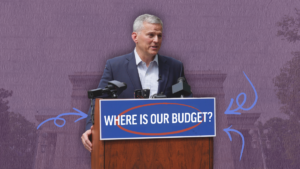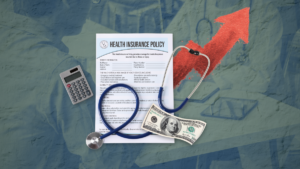Source: NC Policy Watch
The UNC Board of Governors approved three HBCUs to increase their out of state student cap. North Carolina A&T State University and North Carolina Central University were approved to increase their out of state admissions cap from 25 percent to 35 percent. Elizabeth City State University will see an increase of 50 percent to their cap.
North Carolina A&T State University is the largest HBCU in the country with enrollment over 13,000 students. The university already meets the current state cap but has turned down well qualified out of state students under the previous cap. ECSU Chancellor Karrie G. Dixon praised the new, higher cap in a statement Thursday.
“ECSU provides access to a quality, affordable education, which changes the lives of our graduates and their families forever,” Dixon said. ” We have the capacity to accept more students, and I thank the Board of Governors for lifting the out-of-state enrollment cap, which is important for our continued growth. All eligible incoming students from North Carolina will continue to be the top priority for admittance to ECSU, and we look forward to the opportunity to develop more leaders from beyond our borders.”





